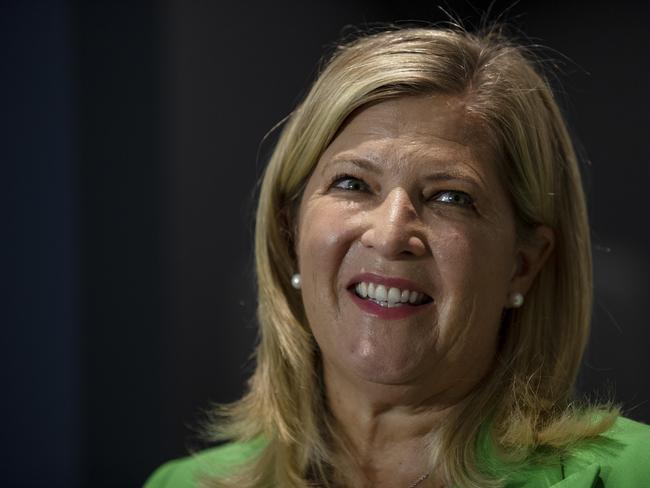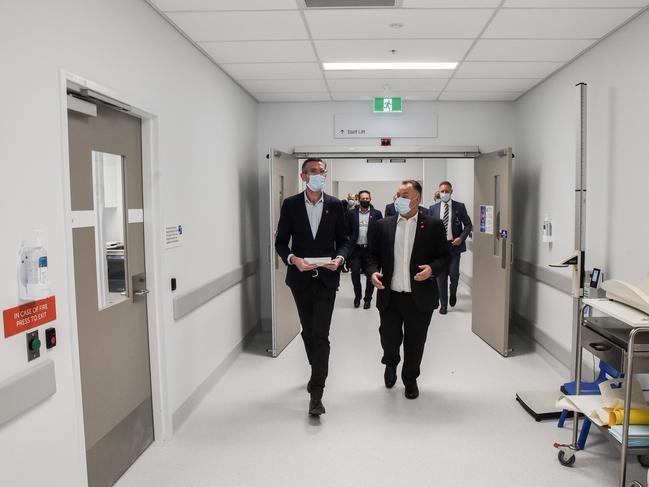‘Largest workforce package’: Rural health workers to receive mammoth incentives
A massive incentive to lure and keep rural health care workers is the government’s latest tactic to get rural healthcare back on track. Find out how it affects health workers’ wallets.
NSW
Don't miss out on the headlines from NSW. Followed categories will be added to My News.
Health workers will get up to $10,000 in incentives to stay and work in the bush under a major $883m plan to boost the meagre regional workforce.
The funding will be spent over four years and include relocation reibursments and study assistance, additional midwifery scholarships and Aboriginal nurse cadetships.
Regional Health Minister Bronnie Taylor said the package will target areas where it is most difficult to fill vacancies.
“I’m really excited that we are offering solutions now. We are doing one of the largest workforce’s packages. I know how much it is needed, how much it’s wanted,” she said.
Nurse practitioner roles will also be expanded under the funding to support communities that do not have doctors.

“You could say they are super nurses, highly skilled nursing professionals that can
operate autonomously in complex clinical settings.
“The expansion of these training positions will see people in rural NSW receiving the highest level of quality care and a brighter future in terms of health outcomes,” she said.

City doctors will also get secondment opportunities to “try out” living and working in regional communities.
Deputy Premier Paul Toole said the package will help retain existing staff while adding new staff to the workforce.
“These incentive packages will be tailored to not only attract more clinicians to these
services but help retain those hard working staff and encourage them to put down
roots,” he said.
The package will target critical roles including nurses and midwives, paramedics, pathologists, scientific staff, pharmacists and allied health professionals, support and
ancillary staff.
Treasurer Matt Kean added: “We believe that access to the best quality healthcare shouldn’t be a postcode lottery.”





